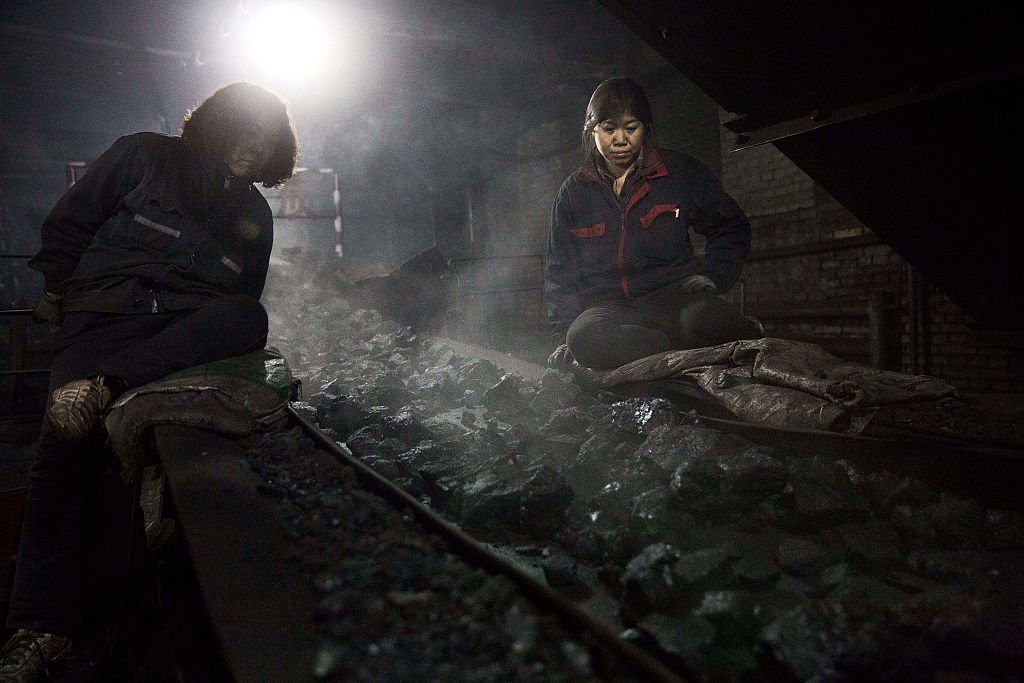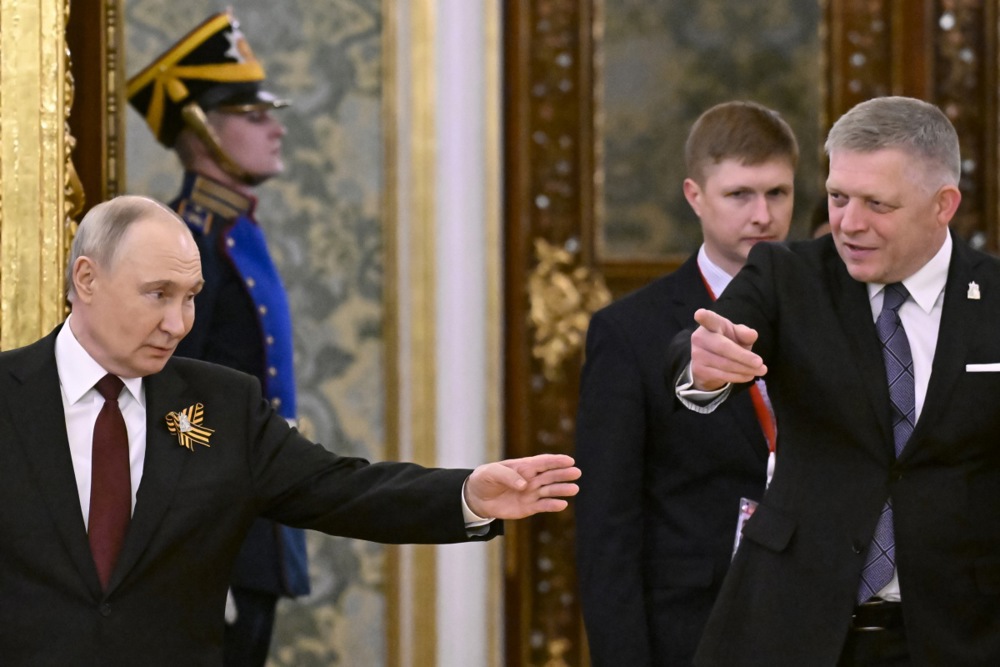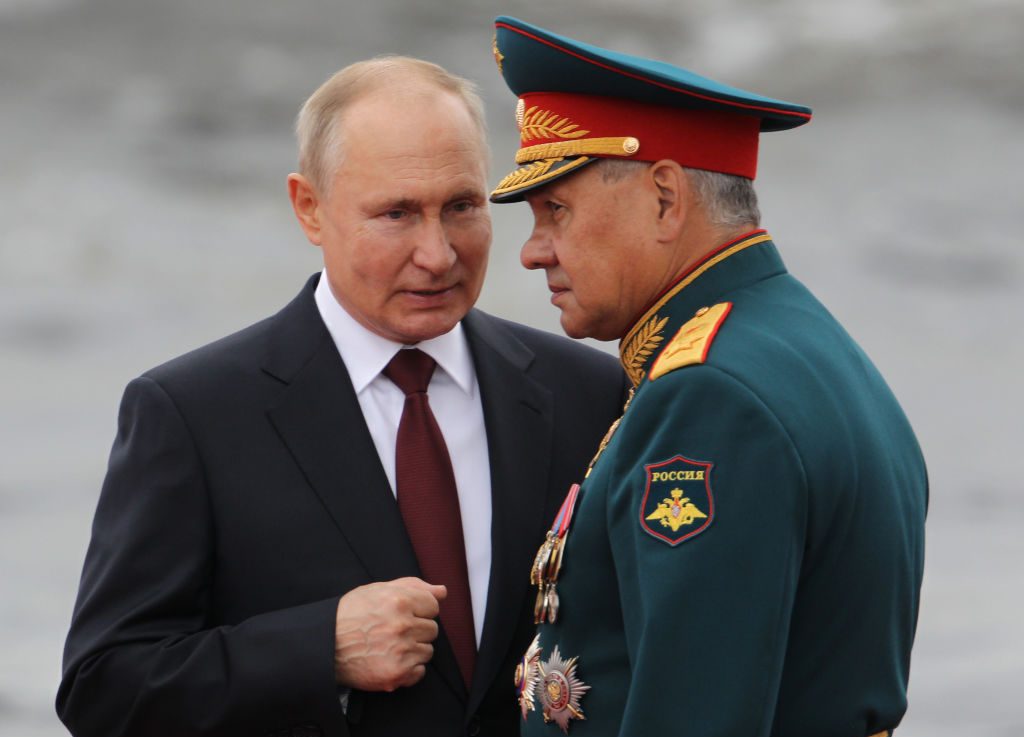The economist Thomas Sowell once observed that there are no policies, only tradeoffs. A corollary might be that these tradeoffs can reveal the contradictions between policy objectives. Ignore them, and the policies themselves become incoherent. Which brings us to the muddled mire of the EU’s energy policies.
Europe imposed embargos on Russian gas exports to starve Putin’s war machine of needed revenues, but at the cost of the cheap energy needed to drive European industry.
Given the availability of liquefied natural gas from the US and Qatar, these embargoes didn’t necessarily pose a crippling blow to the EU’s manufacturing and chemicals industries, assuming member states could build LNG terminals and ramp up imports.
Yet while the EU would dearly love to protect its industry while it weans itself off Russian gas, it finds itself stumbling over a large obstacle of its own creation, the Corporate Sustainability Due Diligence Directive.
The EU Commission cooked up the CSDD Directive as part of its effort to reach the promised land of Net Zero by 2050.
At face value, the directive has no clear bearing on Europe’s opposition to Putin’s war.
The CSDD requires companies operating in the single market to identify actual or potential risks to human rights and the environment and implement standards to diminish these risks. The directive applies to a company’s global “chain of activities.” Non-compliance can trigger a fine up to 5 per cent of worldwide company revenue.
How could a well-meaning effort to extend Europe’s environmental standards to its global suppliers complicate its effort to beggar Putin’s military? By failing to note the tradeoff between imposing extraterritorial environmental regulations and Europe’s need for an alternative to Russian gas.
A simple analysis of the US gas network demonstrates how utterly otherworldly the requirements of the CSDD are.
The largest American exporter of LNG to Europe is Cheniere Energy, which owns the Sabine Pass terminal in Louisiana, capable of exporting over 30 million metric tons of LNG a year, as well as the Corpus Christi Texas terminal with another 15 million metric tons of export capacity.
These LNG compression plants sit at the terminus of a continent-spanning pipeline network pulling gas from nearly a half million operating gas wells.
Cheniere owns little of this pipeline network, and no gas wells of its own.
Charging this company with identifying and diminishing the “actual or potential” environmental risks of thousands of miles of pipeline and a half million wells operated by a multitude of independent operators presents a wildly complex, expensive and likely impossible administrative task, one potentially costing more than 5 per cent of Cheniere’s annual turnover.
At best, LNG exporters will tack a hefty compliance fee on the energy supplies Europe desperately needs. At worst, they will judge the European market not worth the trouble. Either way, European industry will pay the price for the airy certainties of the CSDD.
The potential damage to European industry posed by the CSDD doesn’t stop with compliance costs.
In a clear gift to Europe’s famously rambunctious environmental NGOs, the Commission inserted a grievance procedure in the CSDD that allows third parties to challenge corporate compliance across its global “chain of activities.”
Given the hostility of green NGOs to industry and indeed capitalism itself, one may expect to see every LNG importer tied in legal knots for the sin of replacing Putin as Europe’s primary energy supplier.
Did the Commission really intend to give Greta Thunberg a veto over the global energy industry?
You can well imagine that a single methane breach at a remote gas well in Colorado could form the basis of an NGO-funded action at the European Court of Justice against Cheniere.
All this will only raise the cost of energy to Europe at a time when her industries and households are suffering under punishing costs.
How Europe can uphold the CSDD while also fulfilling commitments made last July to purchase hundreds of billions of dollars of American LNG remains to be seen.
It is unlikely to be able to do both. You may well imagine a President Trump demanding to know why the EU is more intent on deterring US energy companies than Russian military incursions.
It is easy for the policy wonks buried deep in the Berlaymont to ignore these conflicts and blandly proclaim that they wish to beggar Putin while also achieving 100 per cent clean energy.
Much more difficult is reconciling the tradeoffs embedded in these goals.
A competent EU executive would impose policy priorities that disentangle the associated tradeoffs.
Commission President von der Leyen could exempt energy importers from the requirements of the CSDD until Russia agrees to a durable peace deal.
Yet she will have great difficulty in convincing her balky commissioners or the peacocks in the EU Parliament, all of whom nurse ideological commitments immune to the concerns of lowly taxpayers.
And so the EU remains wedded to the beloved mirage that it can achieve all its aims at once: defeat Putin, achieve Net Zero, impose EU standards on the world.
That this herculean bureaucratic delusion will doom Europe’s economic prospects may not imperil the pay and benefits enjoyed by Commission staff, but it will leave Europe without the cheap energy needed for present prosperity and a future of electric vehicles, massive data centres and AI-powered industry.
EU functionaries may not know how to fuel industry, but they certainly know how to fuel populism.





On Ukraine, neither expropriation nor Tomahawks will make Putin blink